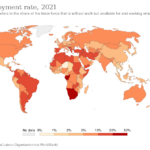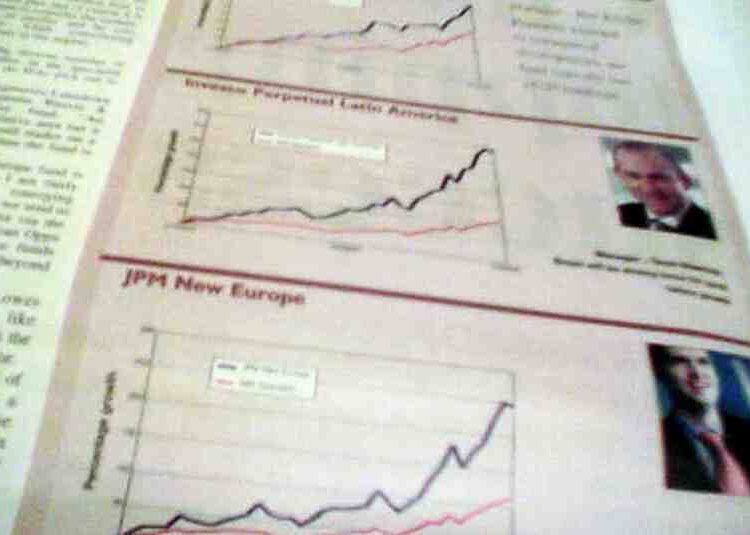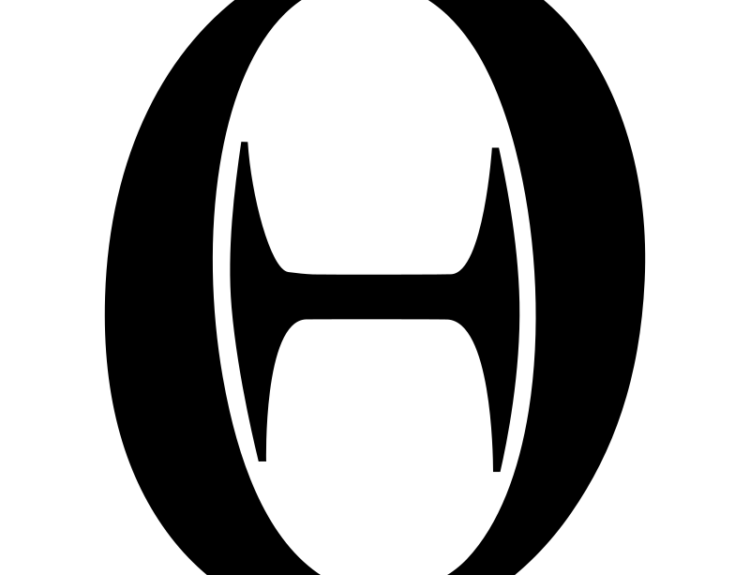As consumer confidence wanes, luxury goods face a challenging future in China.
- Luxury brands are facing significant sales declines in China, a key market.
- Consumer confidence in China remains very low, impacting luxury purchases.
- Major luxury companies like Burberry and Richemont reported substantial losses.
- China’s economic growth is moderating, leading to changes in consumer spending habits.
- The Chinese government is struggling to stimulate domestic consumption effectively.
Liu Wenning recently decided against buying a ring for his girlfriend for China’s Valentine’s Day due to the country’s struggling economy and his own job insecurity. Instead, they opted for a movie and dinner, highlighting a shift in consumer behavior in China. Once a booming market for luxury brands, China is now seeing a significant drop in luxury spending. Major brands like Burberry, Hugo Boss, and Richemont have reported steep declines in sales, with Richemont experiencing a 27% drop in quarterly sales. Burberry’s sales in China fell by 21% year-on-year, attributed to declining consumer confidence. nnThis downturn is particularly striking given the rapid growth luxury sales experienced from 2017 to 2021, where sales tripled. However, the aftermath of COVID-19 restrictions and ongoing economic challenges have left consumers feeling insecure about their financial futures, especially with the real estate market suffering. nnMany Chinese citizens are adjusting to a new normal of slower economic growth, changing their spending habits across various sectors. The government’s mixed signals, including a crackdown on displays of wealth, have further complicated the situation. Despite efforts to boost consumption, such as calls for direct cash support to consumers, the government has yet to implement effective measures. Economists are advocating for additional support to revitalize consumer confidence and spending, which could benefit the luxury market. nnWhile some consumers, like Liu, remain hesitant to make large purchases, there is hope that increased government support could encourage spending in the luxury sector once again.·
Factuality Level: 7
Factuality Justification: The article provides a detailed account of the current economic situation in China, particularly regarding luxury goods consumption. It includes quotes from credible sources and statistics that support its claims. However, there are some instances of redundancy and a slight bias in the presentation of the economic challenges, which detracts from its overall objectivity.·
Noise Level: 8
Noise Justification: The article provides a detailed analysis of the current economic situation in China, particularly regarding consumer behavior and luxury goods sales. It includes relevant data, quotes from industry leaders, and insights into government policies, which contribute to a thoughtful examination of the topic. The article stays on topic and supports its claims with evidence, making it a valuable read for understanding the economic landscape in China.·
Public Companies: Burberry (UK:BRBY), Hugo Boss (XE:BOSS), Richemont (CH:CFR), Swatch (CH:UHRN), L’Oreal (LRLCY)
Key People: Nicolas Hieronimus (CEO of L’Oreal), Zhang Ming (Deputy Director of the Institute of Finance & Banking at the Chinese Academy of Social Sciences), Liu Wenning (Consumer), Wen Meili (Manager at a Shanghai grocery store), Tanner Brown (Reporter for MarketWatch and Barron’s)
Financial Relevance: Yes
Financial Markets Impacted: Luxury brands such as Burberry, Hugo Boss, Richemont, and Swatch are impacted by the decline in Chinese consumer confidence and spending on luxury goods.
Financial Rating Justification: The article discusses how China’s economic slowdown is affecting luxury goods sales and consumer confidence, leading to significant losses for major brands. This has an impact on their financial performance and stock prices.
Presence Of Extreme Event: Yes
Nature Of Extreme Event: Financial Crash or Crisis
Impact Rating Of The Extreme Event: Major
Extreme Rating Justification: The article discusses significant declines in luxury brand sales in China, indicating a financial crisis affecting consumer confidence and spending. The impact is major due to the widespread economic implications and the potential long-term consequences for the luxury market and overall economy.·
Deal Size: 1390000000
Move Size: No market move size mentioned.
Sector: Luxury Goods
Direction: Down
Magnitude: Large
Affected Instruments: Stocks
 www.marketwatch.com
www.marketwatch.com 





